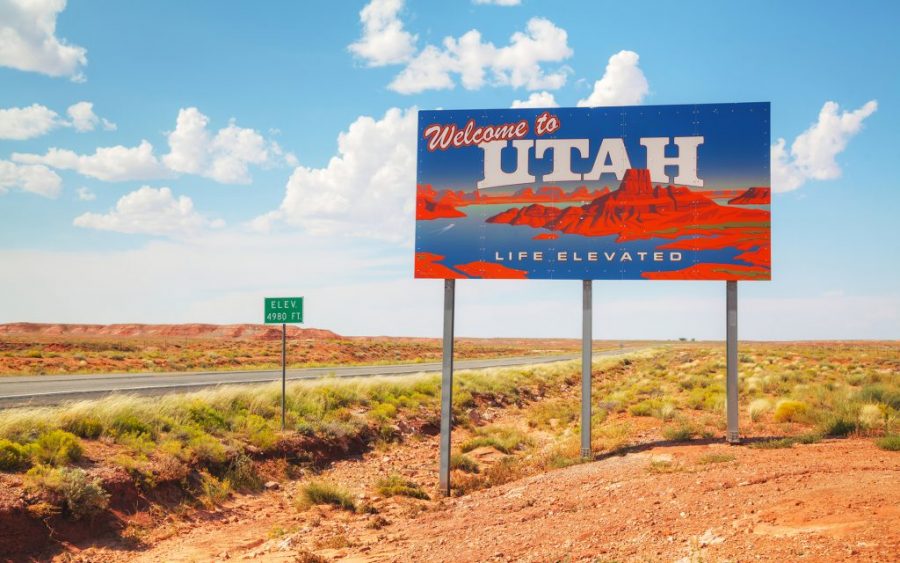Lawmakers in Utah want to treat medical cannabis just like any other prescription
When voters passed Proposition 2 on December 3, 2018 and the governor signed House Bill 3001 into effect, A.K.A. the “Utah Medical Cannabis Act,” the Utah State Legislature announced that it would be treating medicinal-grade cannabis just like any other prescribed controlled substance.
However, a handful of conservative lawmakers recently expressed their disappointment about the fact that numerous local governments continue to treat medical cannabis as a legally controlled substance.
“The original intention of the legislature has always been that you do not punish someone for being sick or using medicine properly, as prescribed,” said Sen. Daniel Thatcher, R-West Valley City.
To make matters worse, the situation appears to be amplified in cases regarding government employees.
Utah Patients Coalition has long-been fighting to resolve medical cannabis access issues
Issues pertaining to medical cannabis access have been at the forefront of the Utah Patients Coalition’s agenda for years. The group, which prides itself on helping patients to obtain pharmaceutical-grade cannabis, celebrated the fact that the subject was finally brought to the attention of lawmakers during the recently-held Utah State Legislature’s Government Operations Interim Committee.
“We are seeing a small group of cities that are disallowing their employees to still use medical cannabis even after it’s been recommended by their doctor and they went through the proper legal channels,” said the coalition’s Executive Director, Desiree Hennessy.
In particular, she believes that medical cannabis access issues in Utah have proved the most problematic for employees with first-responder disciplines, such as firefighters and police officers.
“Just the presence of having a medical cannabis card is enough for them to get removed from duty,” Hennessy noted.
Program to broaden medical cannabis access in Utah is interrupted
The bill that was approved in the legislature permitted medical providers to prescribe a maximum of 15 patients with medical cannabis without the need to participate in a state-required “Qualified Medical Provider” training program.
Based on the QMP rules, a total of 275 patients can be recommended cannabis by a QMP; a figure that rises to 600 if a provider obtains special permission from the Utah Department of Health (DOH). The DOH is responsible for providing state residents with access to the highest level of healthcare possible.
Unfortunately, qualified medical cannabis patients in Utah are feeling disappointed, due to the fact that there is a lack of doctors able to/willing to recommend the plant. As a result, many patients feel forced to buy their weed from the black market.








